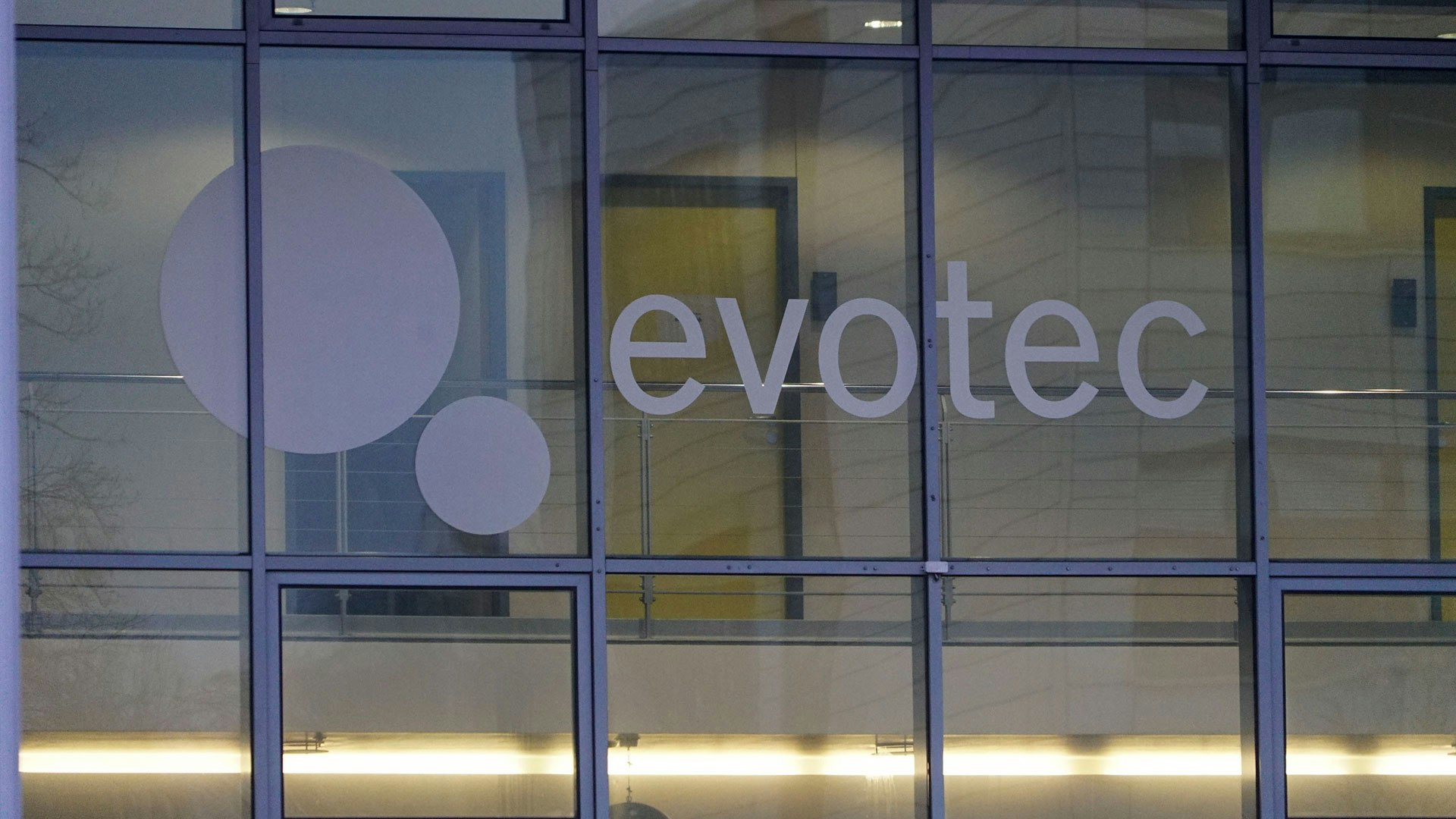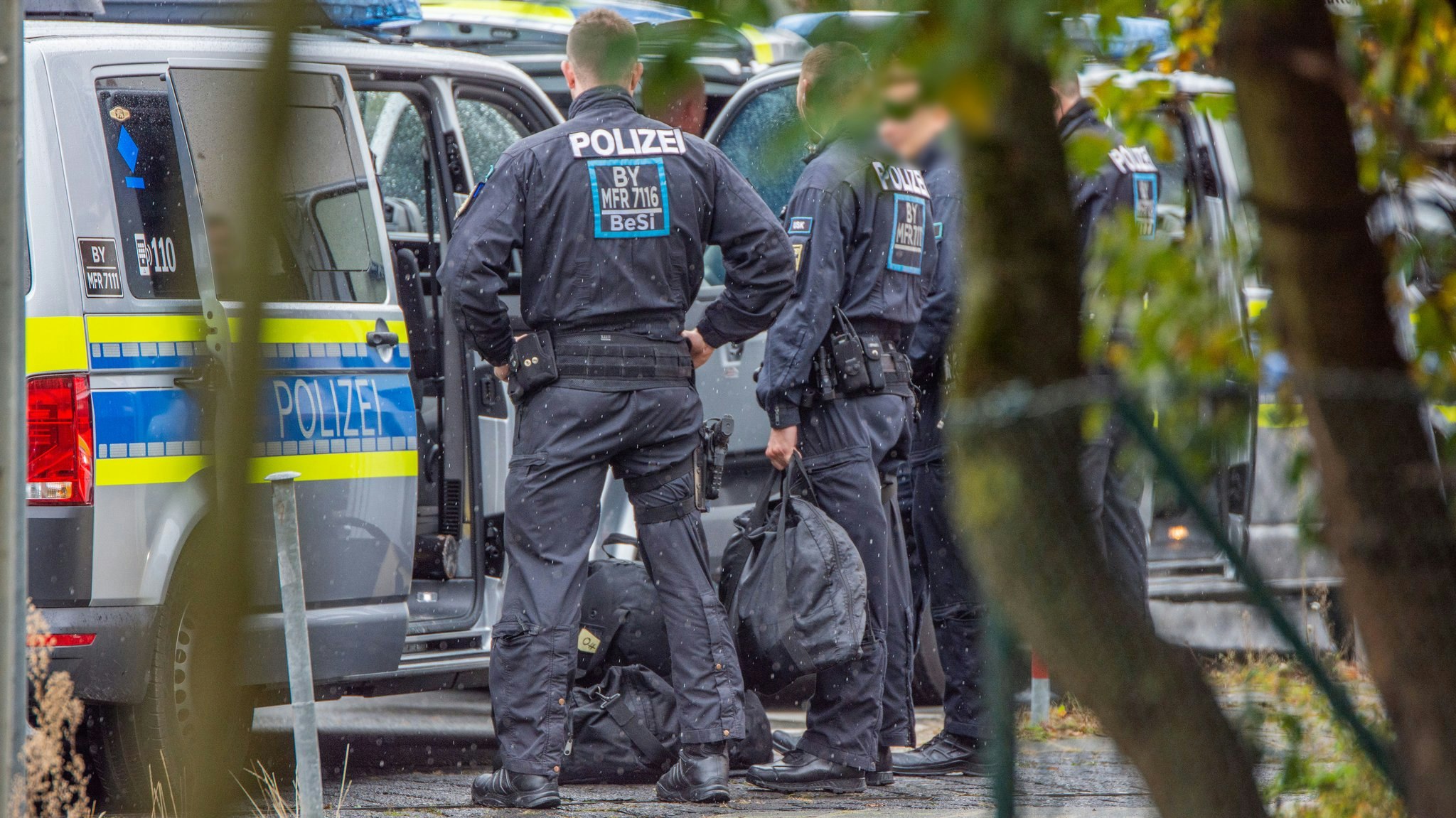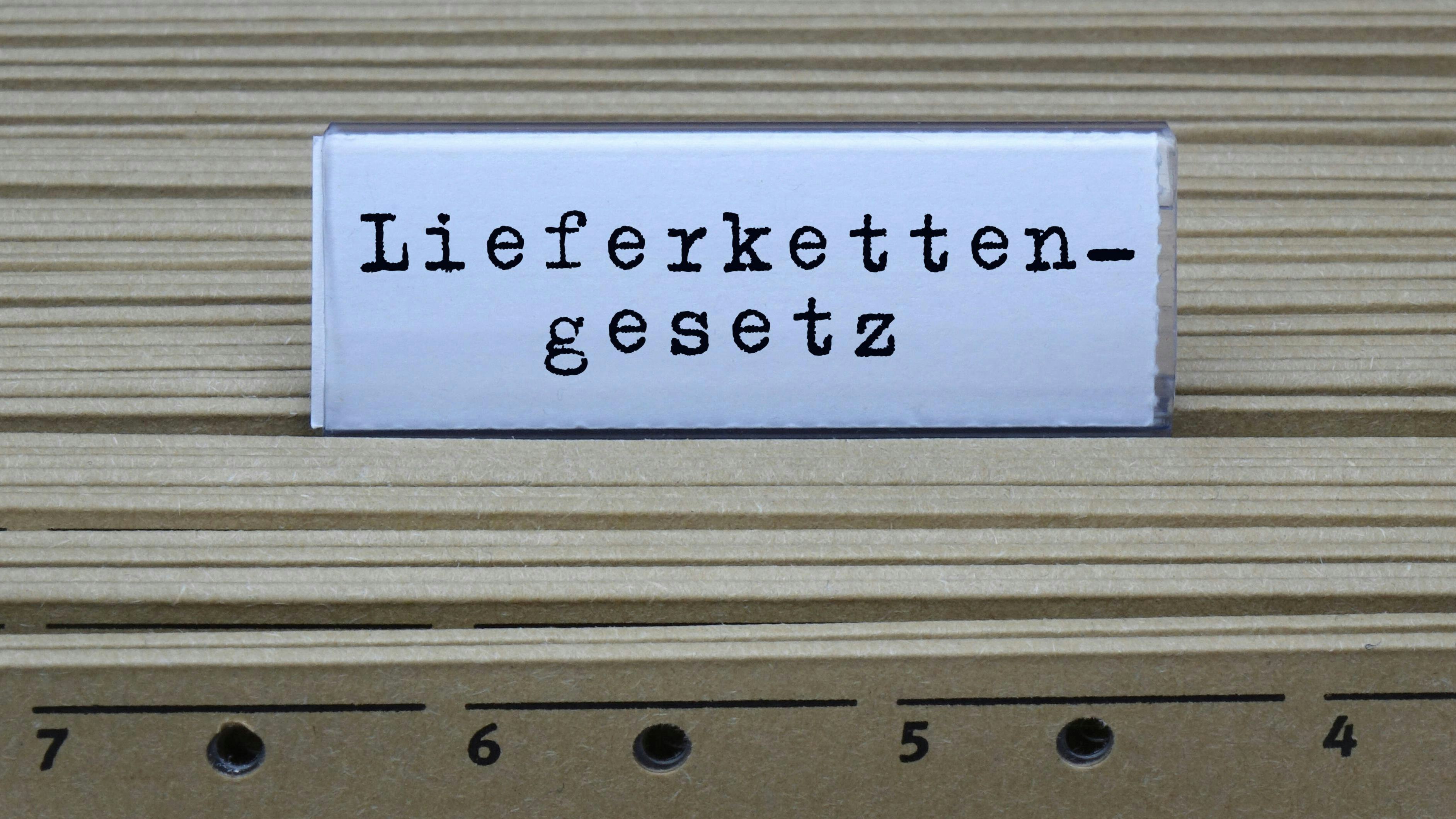AI
AI: Your New Super Agent or the Perfect Tyrant
When technology curtails or expands freedom – and what that means for all of us

Two years ago, MSG Entertainment – operator of venues like the legendary Madison Square Garden – made headlines with artificial intelligence. A sophisticated facial recognition system was used to bar lawyers representing firms that were suing the company. The consequence? Lawyers were not allowed to attend shows or sporting events, which quickly led to a civil dispute. The lawyers sued – naturally. And while some spectators agreed with a smirk, a CEO laconically muttered: "Good.
But what at first glance seems like a triviality opens the door to one of the central debates of our time: How does artificial intelligence influence the delicate balancing act between individual freedom, societal progress, and economic interests? And are we even still the protagonists of this development – or just extras?
The freedom not to be free
Reid Hoffman, tech investor and co-founder of LinkedIn, recently addressed these issues in a speech in London. He referred to the famous concepts of philosopher Isaiah Berlin: "negative freedom" (freedom from external constraints) and "positive freedom" (the ability to act autonomously). Both, according to Berlin, are often in conflict. Democracies try to find a compromise – with varying success.
Hoffman warns: While earlier technologies were primarily tools, AI is something fundamentally new. It decides, creates, and evaluates independently – and could thereby both give and take away our freedom. In his book Nexus, Yuval Noah Harari even calls AI an "alien intelligence" that, unlike a nuclear bomb, can act autonomously. Harari paints bleak scenarios: drones that decide on their own whom to attack. Algorithms that cement social injustice. An invisible cage world.
But Hoffman counters. AI, according to his thesis, cannot only be a threat scenario. It could also become the ultimate "super-agent" for humans – if we use it correctly.
Superpowers for Everyday Life
Imagine AI as Your Personal Assistant: It Helps You Understand Complex Contracts, Teaches Your Children in Math, or Makes You a More Competent Worker. With Systems Like ChatGPT, People Could Discover Their Individual "Superpowers"—Creative, Innovative, and Autonomous.
This positive freedom, as Hoffman calls it, allows everyone to bring out the best in themselves in a decentralized and flexible society. "Tools like ChatGPT are like a GPS for information," he explains. No coercion, but support.
But this optimistic view overlooks a crucial question: Who decides how these technologies are designed? And how do we prevent freedom from turning into control?
China: The Dark Side of the "Super Agency
Whoever wants to see how it shouldn't be done looks to China. There, the government uses AI to monitor citizens and solidify an authoritarian regime. Facial recognition and big data create a world that experts describe as an "invisible cage." What is a positive freedom for Hoffman becomes a rhetorical shell here: The collective benefit serves only a small elite.
A report by the Information Technology and Innovation Foundation warns that China could soon overtake the U.S. in AI development – if it hasn't already. What then? How do democratic societies defend their values when authoritarian systems use AI to suppress freedom?
An Invisible War
The AI debate is more than the philosophy of technology. It is a struggle over values and power. The question is not whether AI will shape our future—but how. Will we remain the architects, or just the observers?
While democracies struggle through compromises, China proves how quickly AI can be misused. Yet Hoffman's optimism shows: There is an alternative. If we use AI to empower people while setting clear rules, it can indeed become a "super agent" — a tool that promotes our individual freedoms and simultaneously connects us.
In the end, AI is neither friend nor foe. It is a mirror of our decisions. And the question remains: What will we see?





